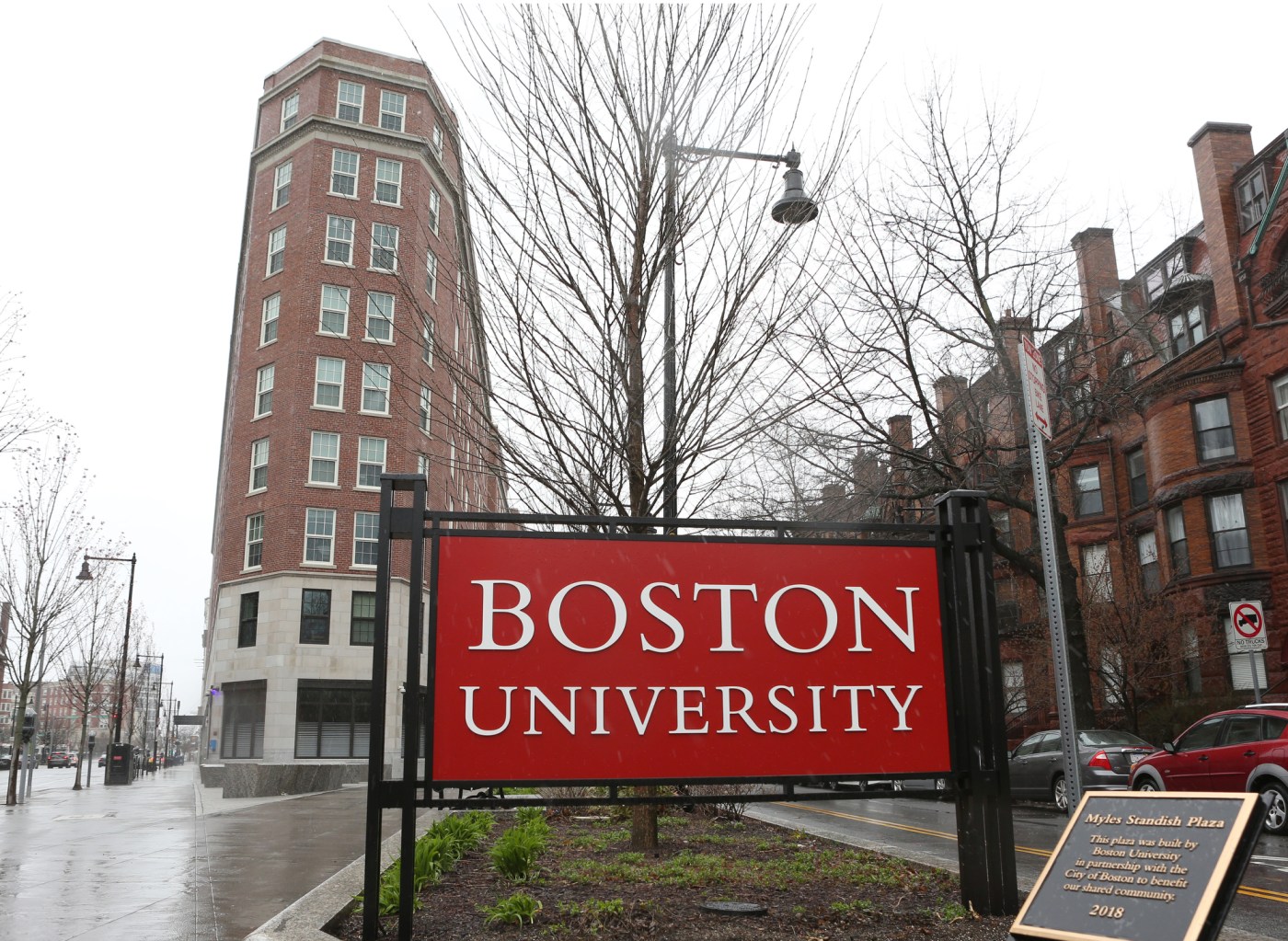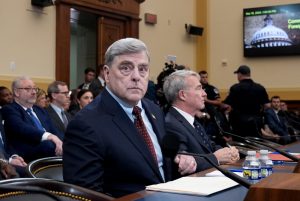
Amid budget crunch, Boston looks to update payment program short-changed by tax-exempt nonprofits
Given the budgetary challenges expected to result from the city’s eroding commercial tax base, councilors are taking a new look at modernizing a payment in lieu of taxes program arguably short-changed by Boston’s wealthy nonprofit sector.
The Boston City Council will hold a policy briefing Thursday on the city’s PILOT program, where discussion may be built around numbers released in October that show private institutions with tax-exempt status collectively contributed just 76% of their requested payment in fiscal year 2023.
Of the $128.58 million that was requested, the city collected $97.85 million, only $35.72 million of which was cash — presenting a difficult financial scenario from a program intended to make what one councilor described as a “significant contribution” to the city’s annual budget.
Under the program, private institutions, which mainly consist of colleges, hospitals and cultural centers with tax-exempt property in excess of $15 million, make voluntary payments amounting to roughly 25% of what they would have paid in real estate taxes.
“It’s voluntary and we’re just trying to develop a model that would be workable and that we would have compliance with and that is agreeable to the nonprofits in the city,” Councilor Liz Breadon, who is chairing the policy briefing, told the Herald. “It is a significant contribution to the operating budget.”
The goal, she said, is to create predictability for both the nonprofits and the city in terms of their respective financial planning. For the city, that would be centered around having a better sense of how much revenue is coming in, which under today’s PILOT formula, is not known until the end of the year.
Under the program, payments are split between cash and so-called community benefits credits and are meant to “help to offset the burden placed on Boston taxpayers to fund city services for all property owners,” the city website states.
Property taxes make up roughly 75% of city budget revenue, but more than 50% of real estate in Boston is tax-exempt, Breadon said prior to a Council hearing held last year that focused on updating the program, which has operated under the same guidelines since and bases payment requests on property values from 2012.
The program was negotiated between former Mayor Thomas Menino and leaders in the nonprofit sector as a first-of-its-kind “gentleman’s agreement,” Breadon said, and has not seen any significant changes since that administration.
“We’ve had three mayors in two years, and all of the institutions have changed leadership as well,” Breadon said. “So it’s sort of like an opportune moment to just hit the reset button and reevaluate the program and tweak it to see if it will be more workable and targeted to the needs of the city.”
She said discussions are ongoing but declined to provide specifics on what changes may entail. Mayor Michelle Wu has advocated for an update to the program in the past, but her office declined to comment Friday, saying, “We will be in touch when we have more to share.”
This week’s policy briefing will involve a discussion between city councilors and advocates from the PILOT Action Group, which, according to the group’s Co-Chair Enid Eckstein, will focus on ways to attain a more strategic investment and accountability around community benefits credits — or services institutions provide to residents that they can apply toward their overall contribution.
Related Articles
Pols & Politics: Battle lines starting to form in race for SJC Suffolk County clerk
Boston, professional women’s soccer team win judge’s approval for White Stadium renovation
Southie parade hangover: Is it time for a change?
Downtown Boston coalition urges City Council to vote down Michelle Wu’s planning ordinance
Boston City Council eying charter change to avoid another New Year’s Day inauguration
The discussion comes amid a potentially fiscally challenging time for the city, highlighted by a report released by the Boston Policy Institute last month that showed the city’s eroding commercial tax base could leave Boston with a more than $1 billion budget shortfall in five years. That scenario, the report states, could lead to higher taxes for residents.
Further, Mayor Wu said this month that the migrant crisis could impact the city budget in the next fiscal year that begins July 1, pointing to additional services to support new arrivals straining the city’s adult shelter system and migrant children entering the Boston Public Schools.
At the same time, many of the city’s private institutions are falling “far” from what their requested PILOT payment is, Eckstein said.
Data released by the city shows that medical institutions met 91% of the requested amount. Educational institutions — prep schools, colleges, and universities such as Harvard, Northeastern and Emerson — were at 68% compliance.
Cultural institutions — museums, GBH, the Boston Symphony Orchestra — contributed far less, meeting just 35% of the requested amount, $489,562 of which was in cash. Wu has advocated for their removal from the requirement in the past.
“I’d like to believe that they see this as an opportunity for reforming the program and creating more of an investment on the part of the institutions,” Eckstein said of the Wu administration.
Rob McCarron, president of the Association of Independent Colleges and Universities in Massachusetts, defended the economic impact provided by the state’s colleges and universities as “significant,” at more than $71 billion a year.
They support more than 300,000 jobs across the state and generate $2.5 billion in tax revenue, he said.
McCarron said that while the 50% of tax-exempt land in Boston figure often touted by critics is true, the percentage of land owned by colleges and universities, which take the most flak for non-payment, is less than 5%. Much of that land is city-, state- or federally owned, he said.
He pointed to the city’s strong bond rating, described in reports that he said “inevitably refer to the strength of the economy being so inextricably linked to the colleges and universities that are here.”
The benefits that flow from those institutions to residents and beyond through community benefits are significant,” McCarron said, and “far exceed whatever dollar amount is being discussed.”
City Councilor Liz Breadon (Herald file)


